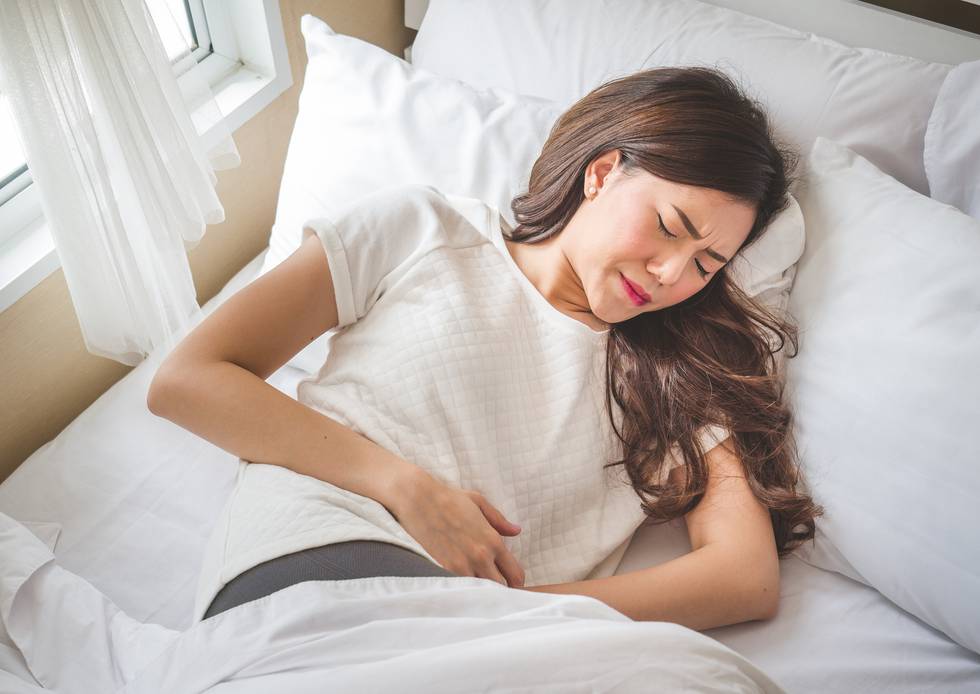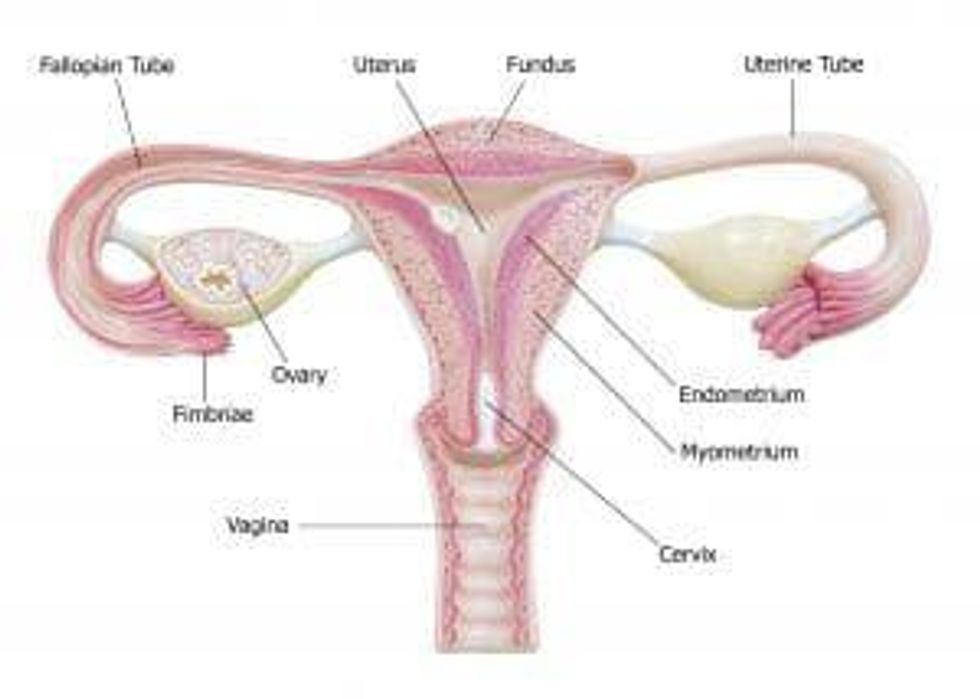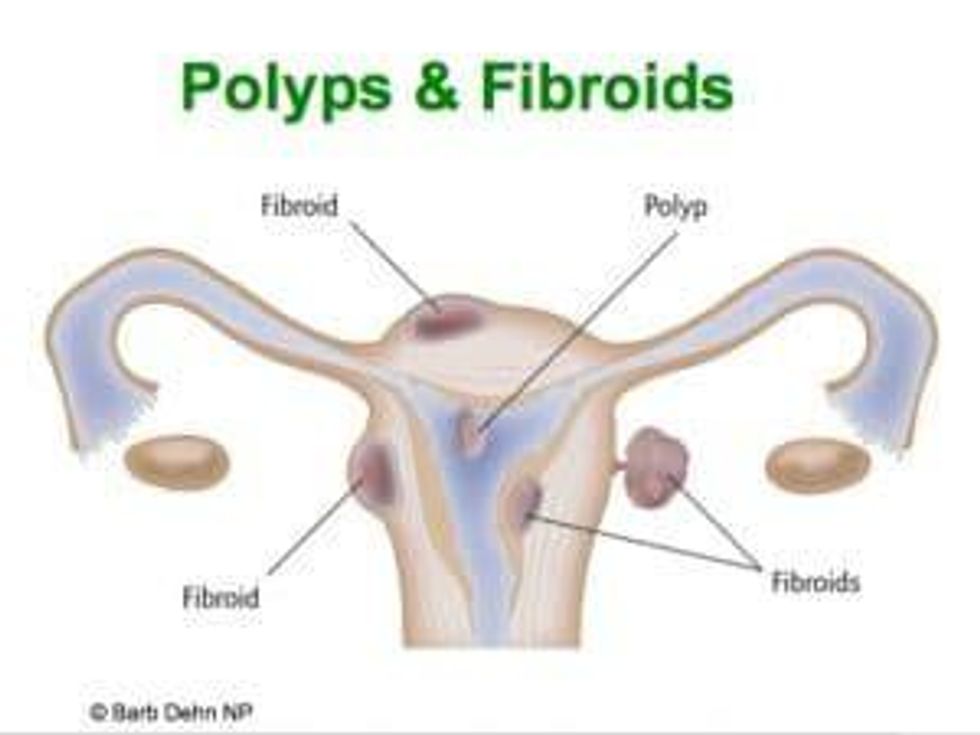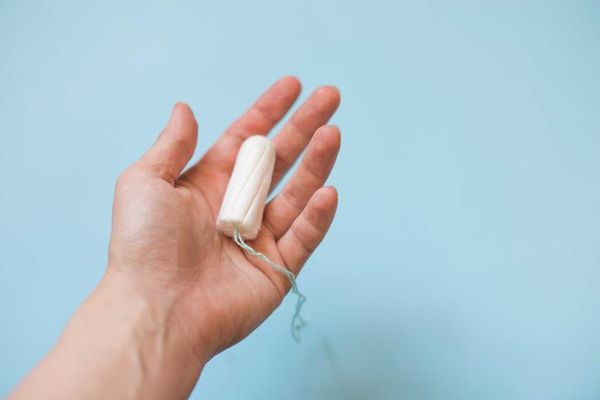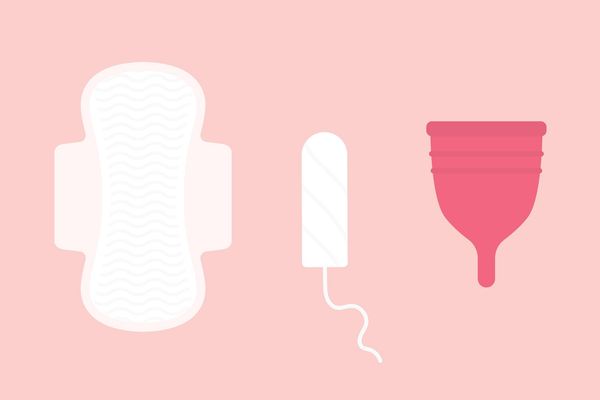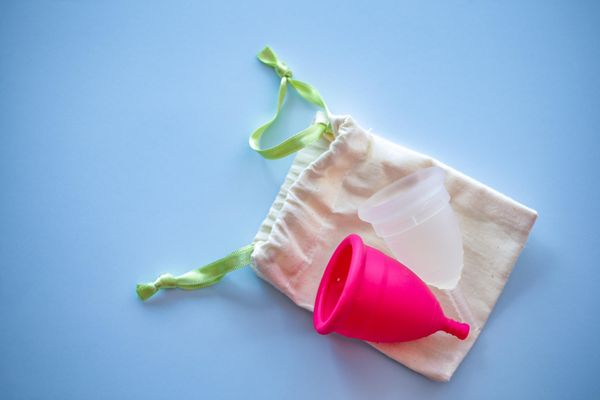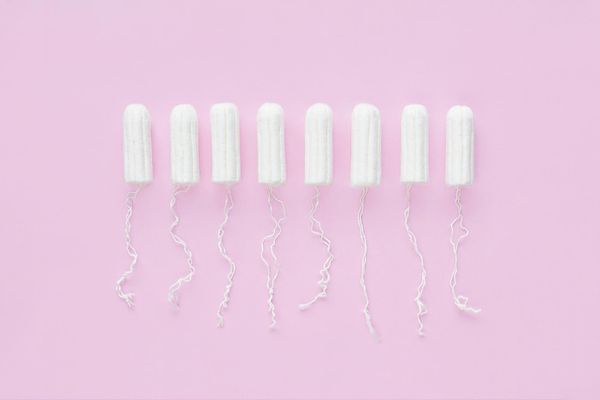Do you wonder if you have abnormally heavy periods?
Take this quiz:
- Are you changing your pad or tampon every one to two hours for the first one to two days of your period?
- Are you bleeding for more than seven days?
- Are your periods showing up less than 20 days apart?
If you answered yes to any of these questions, you might be among the 1.4 million women in the United States who are experiencing excessive, heavy menstrual bleeding, sometimes known as abnormal uterine bleeding (AUB). Menorrhagia is a similar condition, defined as menstrual periods with abnormally heavy or prolonged bleeding.
Excessive bleeding is disruptive
As you can imagine, over half of women with heavy menstrual bleeding report that their periods interfere with their lives, more than women with lighter cycles.
One woman said she skipped her daughter's weekend soccer games because she couldn't count on finding a clean bathroom in case she needed to change her protection.
Another was tired of ruining her mattress from heavy nighttime flow, so she resorted to slipping a plastic sheet over her mattress, which made a lot of rustling noises that kept her awake.
Yet another was afraid to discuss her bleeding with her health care providers for fear that the only remedy would be a hysterectomy.
Definition of heavy menstrual bleeding
The American Congress of Obstetricians and Gynecologists defines abnormal uterine bleeding this way:
- Bleeding that soaks through a pad or tampon in less than one to two hours for one to two days
- Bleeding that comes more frequently than every 20 days
- Bleeding that lasts for more than 10 days
- Bleeding in excess of 80 cc a month; a super tampon or pad can hold approximately 10 cc of blood—that's only eight tampons per cycle
- Bleeding that causes anemia
- Bleeding that leads to disruption in lifestyle'
A woman's normal reproductive anatomy
Midlife women
If you're 45 or older and your periods haven't stopped completely, there's a 50/50 chance that you will experience abnormal bleeding. The most common reasons are:
- Polyps
- Fibroids
- Adenomyosis
- Skipping ovulation
- Precancerous or cancerous condition
Structural causes of heavy bleeding
PALM–COEIN
When women seek help for abnormal bleeding, providers can use a new terminology, PALM–COEIN, which was agreed upon by the International Federation of Gynecology and Obstetrics. PALM–COEIN is an acronym used to classify and separate the causes of AUB into structural and nonstructural etiologies.
The PALM-COEIN terminology helps women's health providers as they consider the differential diagnoses and treatment options based on the specific etiology.
PALM – Structural causes of AUB
P – Polyp
A – Adenomyosis
L – Leiomyoma (fibroids)
M – Malignancy/hyperplasia
COEIN – Nonstructural
C – Coagulopathy
O – Ovulatory
E – Endometrial
I – Iatrogenic
N –Not Classified
How do we diagnose?
When evaluating women with heavy bleeding, one test that's often overlooked especially in women over 40, is a quantitative pregnancy test, which is also available over the counter. Pregnancy is one of the most common causes of bleeding in women of reproductive age. Once it's determined that the woman isn't pregnant, it's important for providers to evaluate for structural causes utilizing ultrasound, hysteroscopy and other imaging.
In addition, women who have abnormal bleeding may need to have an endometrial biopsy to make sure there isn't any abnormal cell growth.
Don't let fear prevent you from being evaluated
If you or someone you care about has heavy periods, don't let the fear of hysterectomy prevent you from getting an evaluation so that you can understand the treatment options, many of which don't involve any surgery. Some of the options are:
- Medications
- Oral contraceptives
- IUDs
- Minimally invasive polyp and fibroid removal
This blog originally appeared on Nurse Barb's Daily Dose. Barb Dehn is a women's health nurse practitioner, award-winning author and nationally recognized health expert. She practices with Women Physicians in the Silicon Valley of California.

